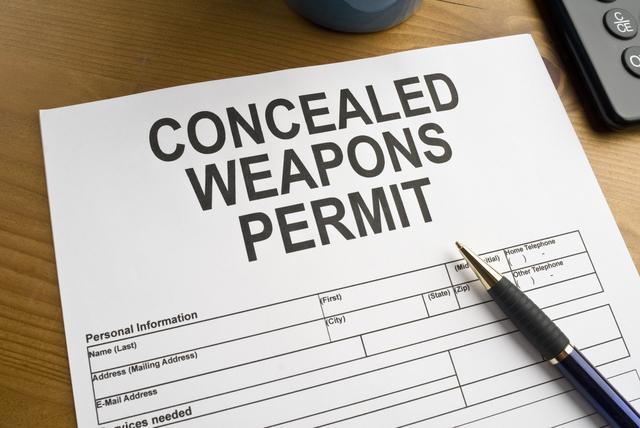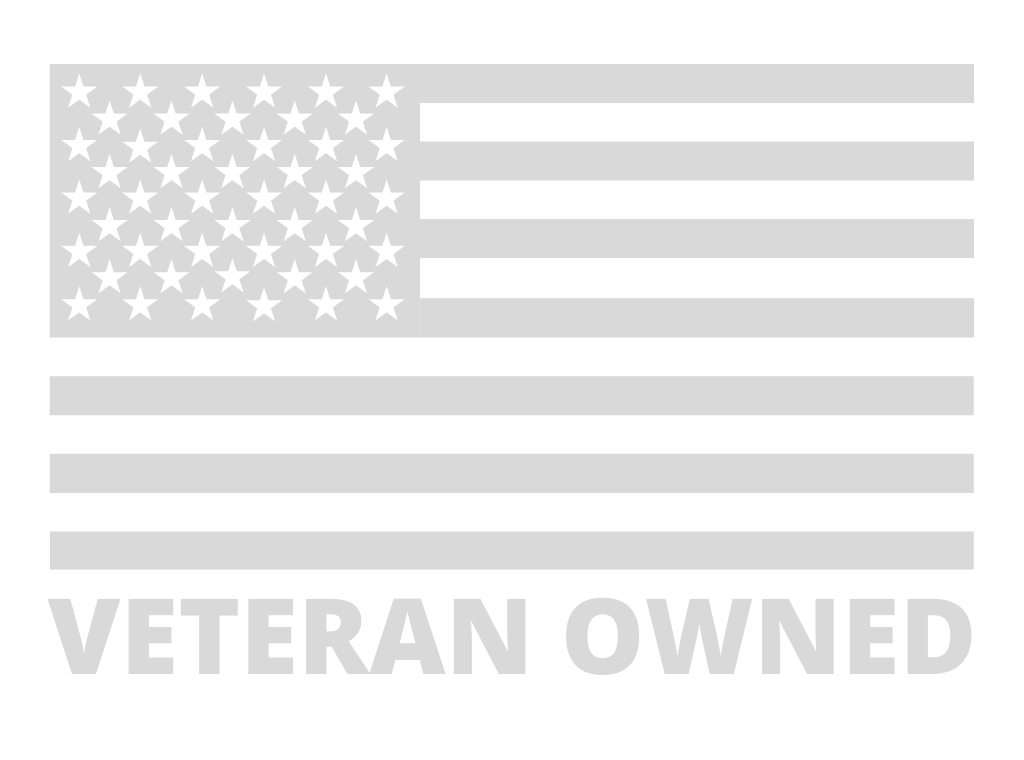Introduction
One of the most important results of the U.S. Supreme Court’s decision in NYSRPA v. Bruen last summer is that it strikes down what we call “may-issue” concealed carry permitting laws. We in the Second Amendment community applauded this change as one that should have happened long ago, albeit via legislation rather than judicial ruling. The past few years have seen a tremendous increase in firearm purchases, especially among first-time buyers, many of whom are uninformed about the legal landscape surrounding firearm ownership in the United States. If you are a new gun owner or even just a layperson trying to better understand the topic, this blog post will tell you everything you need to know about how the Bruen decision has changed concealed carry laws.
Background
Early gun control laws were primarily intended to disarm minorities, particularly via bans on carrying a firearm in public. Throughout much of the 20th Century, many states, especially in the deep south, outright forbade the issuance of concealed carry permits. In response to surging violent crime rates in the 1970s and early 1990s, many states began relaxing their concealed carry laws; since 2013, all states have allowed concealed carry. Each state has the power to set its own laws, but the permits themselves are issued by the Sheriff’s Office of each county, giving local law enforcement varying degrees of authority over how to issue the permits.
No-Issue
Although these laws have not existed at the state level for the past decade, we still use “no-issue” as shorthand to refer to historical laws that outright forbid the issuance of concealed carry permits. 30 years ago, there were 14 no-issue states; Illinois became the last to reject no-issue in 2013. Even though all states technically allow permits to be issued, those permits are not equally powerful—even if a state does not restrict whether firearms may be carried or by whom, it may still restrict where. Virginia, for example, has a law allowing city governments to outlaw citizens carrying firearms on any public property, including sidewalks, which allows them to effectively ban concealed carry even with a permit.
May-Issue
Many states have at some point had laws stating that a Sheriff’s Office “may” issue permits to citizens who have demonstrated they fulfill all the requirements. While state laws generally list what types of training are adequate and what forms of proof suffice, law enforcement still has some discretionary authority. The critical problem with may-issue is that a Sheriff’s Office is not required to issue concealed carry permits even to sane, trained, law-abiding citizens who have met all the requirements. A Sheriff has legal permission to unilaterally create new county-wide permitting requirements and even arbitrarily reject any application for any reason. In relatively benign cases, some Sheriffs demand applicants complete special training courses costing hundreds or even thousands of dollars. In other cases, a Sheriff might use his or her discretionary authority to deny permits based on race. California is a may-issue state, although that is supposed to change as a result of the Bruen decision.
Shall-Issue
In shall-issue states, each Sheriff’s Office is required to issue concealed carry permits to applicants who meet all the requirements outlined in state law. This means that, although state governments and local law enforcement often find creative ways to make it more difficult to obtain a permit, Sheriffs’ Offices cannot arbitrarily deny applications. The requirements still vary by state, though; some impose outrageous additional fees as a scheme to dissuade people from even trying to apply, while others are much more reasonable and allow people to choose from many types of training courses. States with similar or identical requirements have reciprocity, which means that they recognize each other’s permits. The Bruen decision establishes shall-issue as the supreme law of the land, compelling the few remaining may-issue states to get their act together and adopt shall-issue policies.
Constitutional
When Nebraska’s constitutional carry law takes effect this September, it will become the 27th state to allow permitless or “constitutional” carry. Vermont has always been a constitutional carry state, while Alaska became the first state to transition to that status twenty years ago. Contrary to popular outrage, anyone already prohibited from owning guns is still prohibited from carrying them in constitutional carry states. Of course, even the old laws outright banning concealed carry did not prevent criminals from doing so anyway—a permit is just a piece of paper, no more enforceable than a “no smoking” sign. Another way to look at constitutional carry is that it decriminalizes permitless carry for people who are not otherwise breaking any law and are already allowed to own firearms.
What’s Next?
California has been a may-issue state for decades and still is despite the NYSRPA v. Bruen ruling striking down that policy nationwide. Governor Gavin Newsom has, like his counterpart in New York, derided the U.S. Supreme Court for its decision and made every attempt to block its enforcement. Senate Bill 2, currently making its way through the state legislature, would grudgingly make California a shall-issue state to comply with the Bruen decision, but also impose a slew of new restrictions. By doubling the already substantial training requirements and establishing more gun-free zones, S.B. 2 makes every possible effort to prevent honest citizens from exercising their constitutionally enumerated right to keep and bear arms. Fortunately, it has not yet passed either the Senate or the State Assembly, so there is still time for state legislators to kill the bill. For them to do that, they need to hear a strong, unified voice from Californians who oppose further restrictions on their right to protect themselves.
This article was originally posted on from San Diego County Gun Owners











